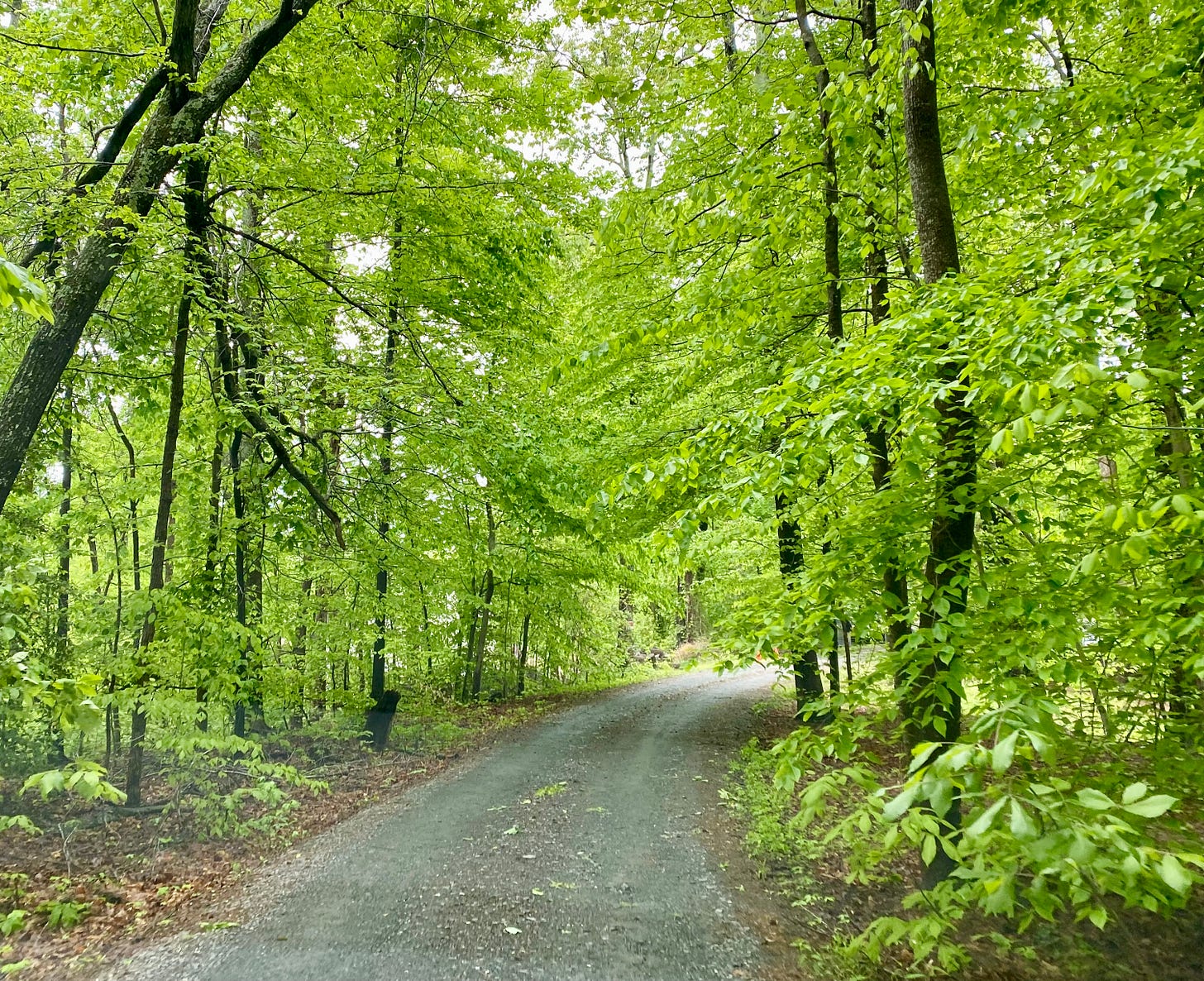Turning Eastward
Matthew 2:2 "...for we have seen his star in the east and have come to worship him."
Why have I undertaken this personal exploration of the concept of pilgrimage? It is such a curious path, that I cannot help but feel compelled to write it all down, with the small hope that it might bring encouragement or inspire courage in other pilgrims along the way.
In my previous post I mentioned the “place where I find myself” is unforeseen, and largely inexplicable. And yet, in this place I find myself in the company of many others who seem to be finding their way here—wherever here is—blinking in the bright sunlight and asking “What is this place?” I am definitely not alone.
This is where I explain that throughout my life I have identified as a Christian, a follower of Christ, a protestant, at times as an evangelical protestant, and as an Anglican though of a more conservative variety than the ECUSA. I have been exposed to most of the flavor-varieties that Protestant Evangelicalism in the U.S. has to offer— the Ben and Jerry’s of religion. My ability to navigate this is because protestants are told to “major on the majors and don’t worry about the minors” we are all one church and everything is fine. The major would be that Jesus died for our sins and if I confess my faith in him and ask him to save me then I am a Christian, my salvation in heaven is secure and now I have to live as the Bible instructs me to. The minors would be such issues that divide protestants from each other theologically—the things that we don’t like to talk about when we get together with folks from other denominations, but as long as they have the big issues in hand, all is well.
In 2021, I found myself at crossroads. I was experiencing a crisis of faith and direction. It wasn’t just Covid-19—the year 2020 held a host of other crises for us that left us thinking that maybe we were done with church for good. No—Really. We were done. We could believe in Jesus on our own and had a small group of believing friends that we felt comfortable with, but an organized church was something we were not particularly interested in anymore.
Then over lunch one day, I began a conversation with two new-found friends. With these ladies, the “majors” were in place, or so I thought. They were Orthodox Christians in the Eastern tradition. I had maybe seen pictures of Orthodox in news reports. Other than knowing that their clergy had ornate vestments and were kind of like Roman Catholics, I really didn’t have much of an idea what they believed. However, according to my upbringing the RCC and things like it were off limits, a move backward, a missing out on the fullness of the faith. There were trappings that didn’t serve the soul and its needs, but only buoyed the status and power of the Pope and the church he ruled. So, I asked but was merely curious. It had nothing to do with me and my journey.
If you must know, the question I asked had to do with Purgatory. I wondered if they believed in it. The answer they gave me was stunning. I don’t remember all of it, but it began with, “We don’t believe in Purgatory the way the Catholics do, but we do believe there is a journey of the soul after death.” Maybe I’ve been living under a rock for a while, but I had never heard such a thing from anyone called “Christian.” I was just starting my meal, and my fork was halfway to my mouth, and it stayed there, suspended, until I came to my senses and returned to the conversation.
In the span of half a minute I had reached a watershed moment. There was something out there that had never been explained to me in protestantism, that there was a side of this religion called Christianity that was heretofore as hidden from me as the dark side of the moon. Why this was the issue that hooked me is a story for a different post, but suffice it to say it was exactly what I needed.
A brand-new pilgrimage had begun in that moment and my compass was pointing directly East. I was launched into what I have described to be the “weirdest summer of my life.” (Click the link to read my very first impressions of Orthodoxy.) I had begun the sacred journey, and most definitely found myself in foreign territory, a religious landscape that was completely new. Over the course of the next year, I would find myself in a holy process of inquiry, instruction, and transformation from Protestant to Orthodox Christian.




